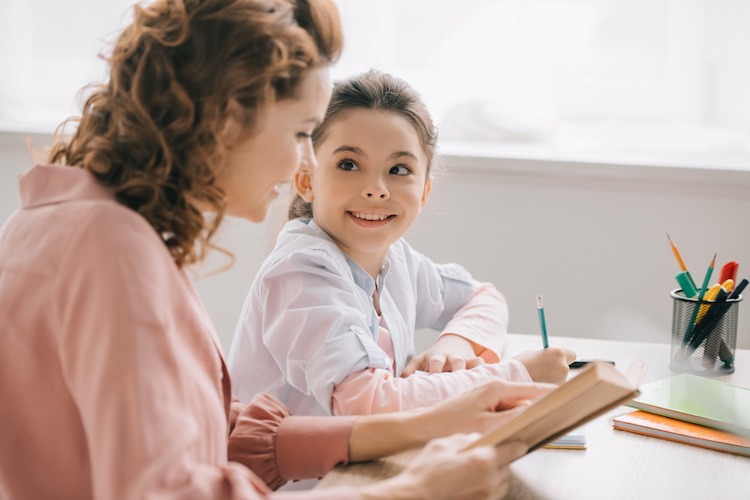Recognizing Student Behaviors in the Classroom: When to Involve a School Adjustment Counselor or Social Worker

Another key behavior to watch for is academic performance deterioration. A decline in grades does not automatically mean there is an emotional or behavioral issue at play; however, if this decline is accompanied by other warning signs like increased absenteeism or lack of motivation, it may suggest deeper challenges. Students dealing with stressors at home or internal struggles often find it difficult to concentrate on their studies. In these cases, involving a counselor can provide students with coping strategies and emotional support tailored to their needs.
Emotional outbursts are another indication a student requires professional intervention. Anger towards peers or staff, refusal or avoidance of daily tasks, or unexpected actions (such as throwing or breaking things) within the classroom environment could indicate that a student is struggling internally. These symptoms and expressions often mask deeper issues such as anxiety, depression, bullying experiences, or trauma exposure outside of school hours.
Additionally, social withdrawal should never be underestimated as just shyness; prolonged isolation from classmates might point towards feelings of inadequacy or fear stemming from past experiences affecting self-esteem negatively. It’s essential for educators not only to address these incidents promptly but also to explore underlying causes by engaging specialists who can offer targeted assistance.
If you’re seeing your adolescent displaying these behaviors, contact us today to learn more on how we can support them!
